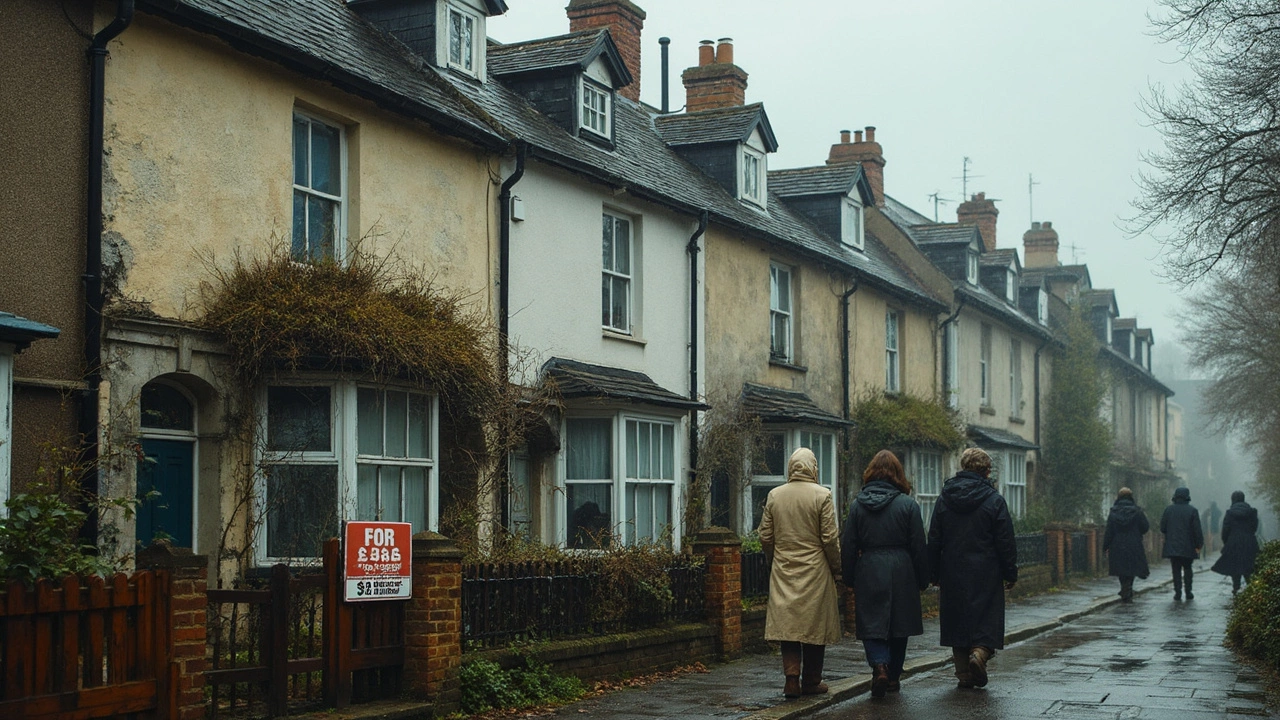Ever wondered just how cheap a house can really get? This article dives into the world of the lowest-cost housing options, from tiny homes to fixer-uppers and crazy cheap listings in unlikely places. You’ll learn where to find these bargains, what hidden costs hide behind the price tag, and tips to avoid common pitfalls. Get ready to rethink everything you know about affordable housing.
Cheapest House Guide – Find Low‑Cost Homes Fast
Looking for a home that won’t drain your savings? You’re not alone. Many buyers think cheap houses don’t exist, but the market is full of budget‑friendly options if you know where to look. This guide shows you the best places to hunt, the costs you must plan for, and simple tricks to squeeze the most value out of a low‑price property.
Where to Look for the Cheapest Houses
Start with online portals that let you filter by price. Set the maximum at the amount you’re comfortable paying and watch the results. Rural towns, post‑industrial cities, and some suburbs often have listings well below the national average. Also check local council websites – they sometimes list surplus properties or repossessions that aren’t on the big sites.
Don’t ignore auctions. Property auctions can be intimidating, but the winning bids are usually lower than market price because the seller wants a quick sale. Attend a few as a spectator first, then set a clear budget and stick to it. Remember to factor in auction fees, which are usually a small percentage of the purchase price.
Hidden Costs and How to Manage Them
Buying cheap isn’t free of extra expenses. Inspection fees, minor repairs, and council tax can add up. Before you make an offer, get a basic survey to spot major issues like damp or roof problems. If the repair cost is reasonable, you can often negotiate a lower price to cover it.
Closing costs vary by region but typically include legal fees, transfer tax, and registration charges. In the UK, these can be around 2‑3 % of the purchase price. On a £30,000 house, you might need an extra £600‑£900, so budget for that ahead of time.
Financing a cheap house can be easier than you think. Some lenders offer low‑deposit mortgages for properties under a certain price, especially if they’re classified as “affordable housing.” A good credit score and steady income keep the interest rate low, meaning your monthly payment stays affordable.
Finally, think about location benefits. A cheaper home in a growing area may gain value faster than a pricier one in a stagnant market. Look for signs of development – new schools, transport links, or business parks – as these can boost resale potential.
Putting these steps together – filter online, explore auctions, budget for hidden costs, and check financing options – gives you a clear path to the cheapest house you can realistically afford. With a bit of research and patience, you’ll find a property that fits your budget and leaves room for the next steps in life.
